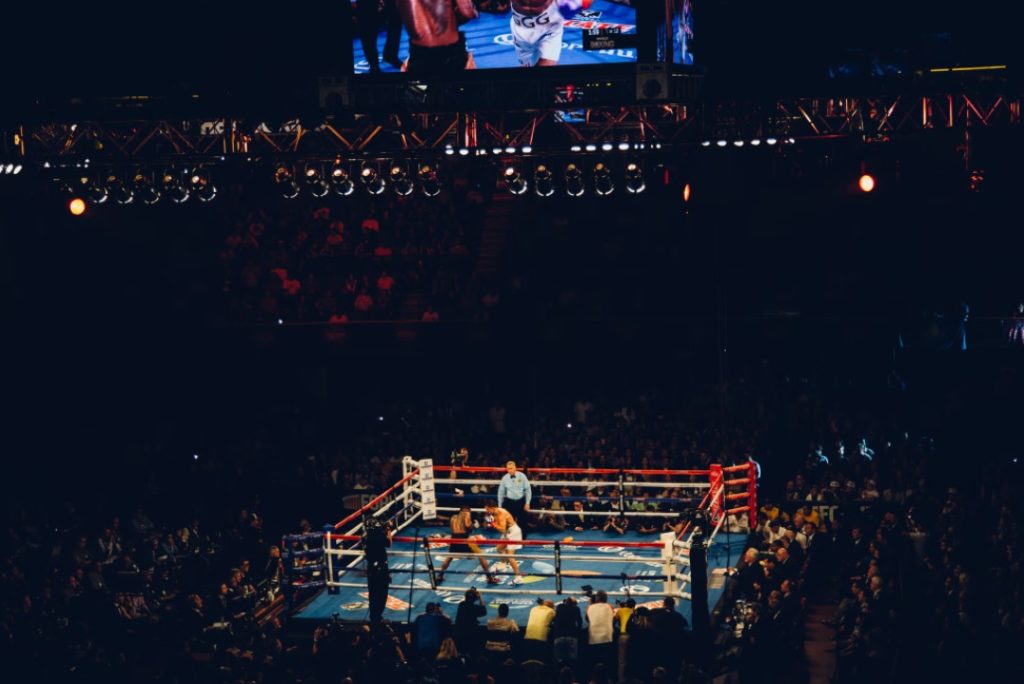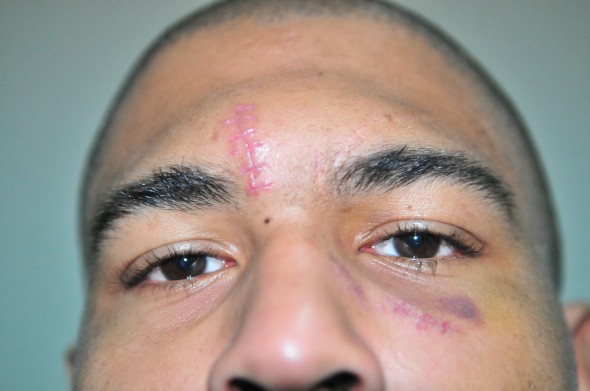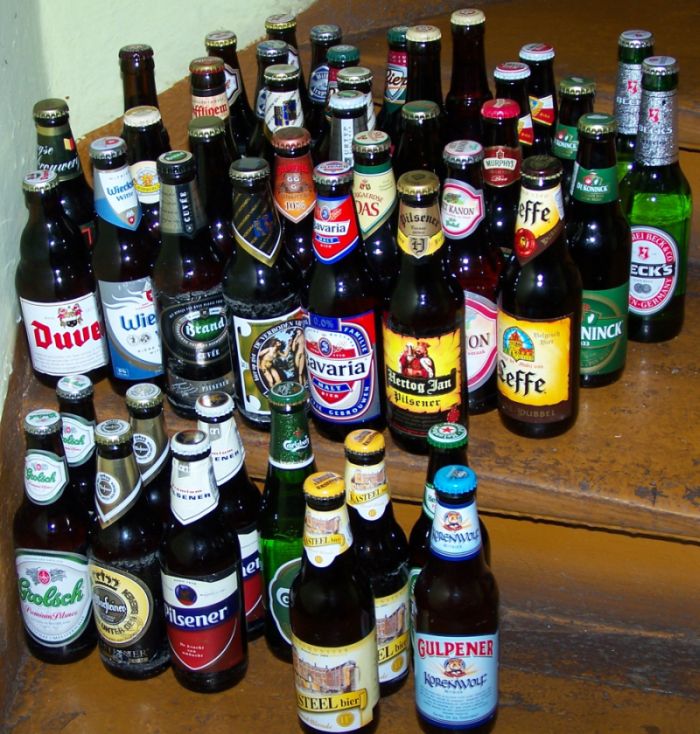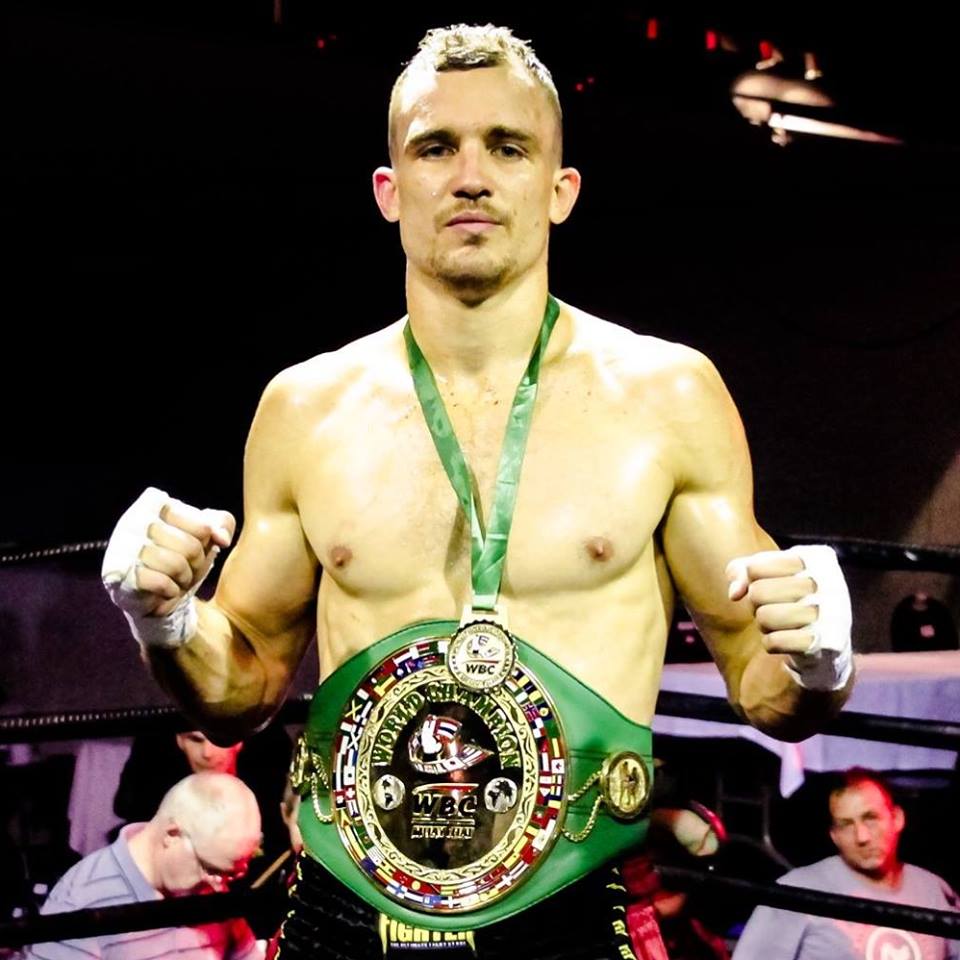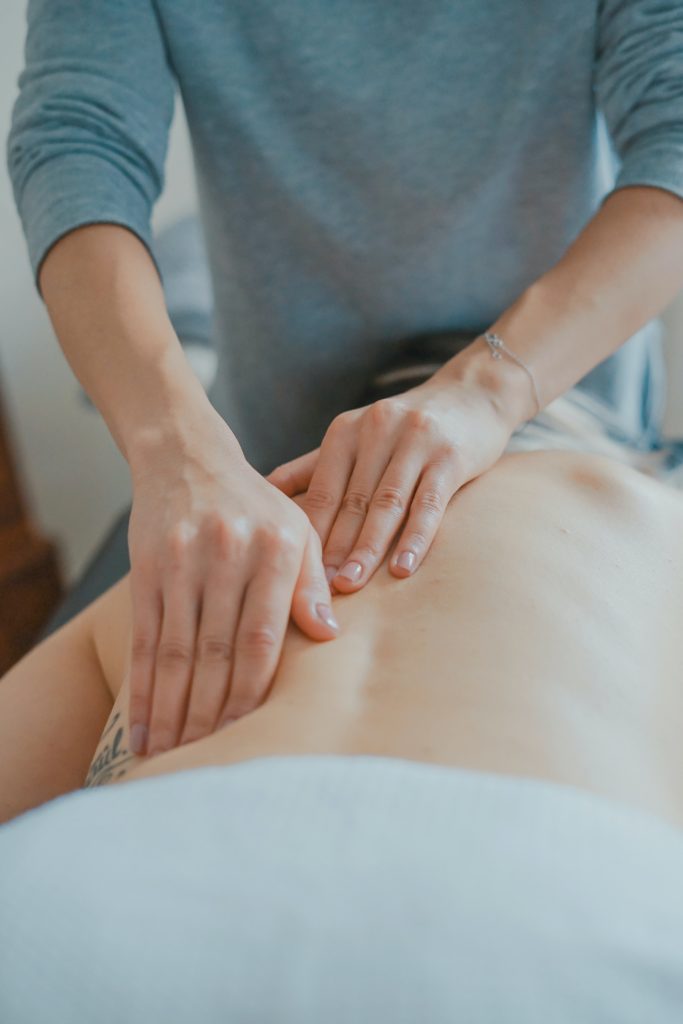Many people have a lot to say about pre-fight training, dieting, drilling and more. But what happens afterwards? What do boxers do after a fight? What do fighters, in general, do after a fight?
Many have tried to fight and some have actually fought. However, only a few have racked up enough experience to develop their own post-fight recovery strategy.
I’ve been through the post-fight adrenaline dump so many times. With that experience, I’ve observed common behavioral patterns in fighters after a competition.
-
What should happen
Fights can go many different ways. You could be lucky (or skilled) enough to score a first-round knockout. More commonly, though, it will last a few rounds and you’ll probably get a bit banged up. In Muay Thai or Kickboxing, you’ll likely have bruised shins and thighs at the very least. Boxers, you might suffer a broken nose or a black eye. It isn’t all that uncommon to receive facial wounds that need stitches either.
It’s for this reason that it’s best to start treating these injuries as soon as the fight finishes. Icing tender parts on your face can help with swelling, Muay Thai fighters, you should elevate your legs, and ice on any bruises and corks. The doctor should give you a check up to see if you have any unseen injuries as well.
It’s also best to rehydrate to replace lost electrolytes, and head off for a good night’s rest for the best possible post-fight recovery. -
What actually happens
What actually happens can vary a bit depending on the outcome of the match. Once you step out of the ring, you get a lot of pats on the back from friends and supporters. You’ll get pulled into many conversations, many of which go along the lines of…
You should’ve knocked him out right then with a head kick!
I really thought you had him in the first round!
Dude, I love you, man! (This one usually comes from the drunkest guy in the room.)
Then either someone hands you a beer or drags you to the bar and you’re off, polishing the first bottle of many for the evening.
That means you get too distracted to focus on icing your injuries. Not to mention that alcohol, by nature, slows down your body’s recovery.
Honestly, I can’t blame fighters for wanting to celebrate! After all, they’ve dedicated months for this night, and now that the climax has passed, they naturally look to unwind.
-
What I do
My post-fight recovery strategy usually falls between what should happen and what actually happens. I have realised that my body recovers slower than most fighters, so I ice immediately after the fight.
I try to elevate my legs (after Muay Thai fights) and treat any bumps, no matter how small they seem. When I retire for the night, I also elevate my legs on pillows and wear compression socks. This process helped me with my recovery throughout the years.To be honest, I also usually have a beer or two. But my stomach is usually a little upset from the adrenaline dump, so I never feel like having more. However, I tend to celebrate the next day, hanging out with a few mates over barbecue and some drinks.In the earlier days, I used to go out and celebrate by trying to drink as much as I could, but that doesn’t happen anymore. It’s not worth the aches and pains the next day.
-
What else you can do to boost recovery
Anti-inflammatories can be your friend
You’ll likely have some aches and pains after your fight, and anti-inflammatories like Voltaren can help with that. However, there is a catch.
My physio works with many of the top-performing teams and athletes in Australia, and he’s shared with me some things about how Voltaren works.
When the body gets injured, it sends signals up to the brain that it needs repairs. And so inflammation happens, things get swollen and painful, you know the drill.
Voltaren works to stop the injury from sending out that signal to the brain, so it effectively stops the inflammation process.
But here’s the thing. Inflammation is basically the body sending all the important cells to the site of the injury to do their repairs. With all the cells travelling to the one site, the area gets swollen. And with things getting crowded, the nerve endings get squished, and that’s basically why it hurts.
However, it is a necessary process. Anti inflammatory medications may work as a temporary measure, but you still have to let your body recover sooner or later.
When I take Voltaren, I usually do it after a few days. That way, my body already had the chance to get the bulk of the repairs done. But people react differently to drugs, so make sure to consult a medical professional before you pop some pills.
Eat clean
There are also natural anti-inflammatories for those who don’t like medicating. If you want a more natural method of limiting inflammation, start with your diet. Avoiding processed food and alcohol is a big one.
What do boxers do after a fight again? Yep, most of them get on the alcohol and other junk. If you’re like most fighters, you likely do this too.
I’m not here to preach, though. I’m just here to state facts. Honestly, what you do depends on how soon you want to get back in the ring.
Do you want to get back to training as soon as you can? Is it more important to recover or let go and polish off a large Big Mac with a side of beer? These are questions only you can answer.
The massage question
This is a bit of an age-old debate. Many old-school Muay Thai trainers like to massage out the swelling the very next day after the fight. Personally, I find this to be too early. Massaging too early inhibits my recovery, and my physio tends to agree.
If you massage the area too hard and too soon while the damage is at its peak, you will worsen the damage. After a few days, however, then recovery is well underway, massaging can help clear out swelling sooner. It also helps relax corked muscles to get your range back.
A method I find that works the best for me is massaging away from sore areas. So if you imagine the corked area to be a volcano, with the centre of the soreness being the crater, slide the pressure downhill. Some oil can make this easier.
Be careful not to go too hard, though. Too much pressure may cause further inflammation.
-
Final thoughts
What do boxers do after a fight? It depends, really. Some loosen up and party for a bit. Others adhere to healthier practices. It all boils down to preference and priorities.
Regardless of however you choose to spend your time post-fight, I highly recommend seeing a sports physio in the week following your fight. If your legs are particularly swollen, you’ll have to wait until it goes down so the physio can make an accurate assessment.
There have been many times when I thought I was just sore. But then my physio takes a look, and it turns out to be a major injury. Thankfully, we always caught them before I made them worse.
Anyway, to wrap this all up, the bottom line is that you have to execute your post-fight recovery strategy ASAP. The sooner you do, the sooner you’ll be able to return to the ring.
I’ve seen fighters who get back to training and dieting immediately after the fight. Their discipline is admirable, really, but personally, I find it’s easy to lose motivation when you don’t reward yourself. I give myself a short break so I feel fresh as I get back to my training. At the same time, I try to get back to my training within two weeks so I don’t set my body back too far.
– Ben Johnston, Muay Thai fighter and trainer

